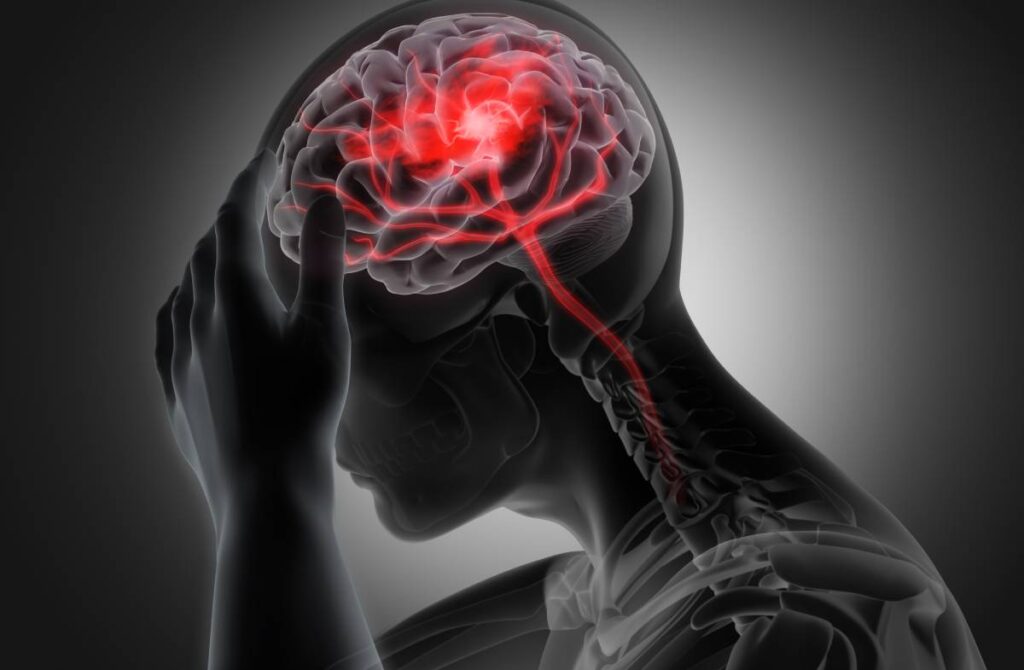To achieve a state of sedation or unconsciousness for surgery, patients receive anesthetic drugs, either alone or in combination, that affect the brain and nervous system. Studies indicate that disrupting the normal functioning of these targets can lead to undesirable side effects. Anesthesia is associated with several cognitive risks, ranging from short-term confusion to longer-term memory issues.
In some cases, confusion and memory loss can last longer than just a couple hours or days 1. Postoperative cognitive dysfunction can result in long-term memory and learning problems in certain individuals. Postoperative cognitive dysfunction, however, more frequently affects older people and those with heart disease, Parkinson’s disease, or Alzheimer’s disease, as well as individuals who have already suffered a stroke. Anesthesiologists need to be informed if patients have had any of these conditions.
While cognitive changes affect all age groups following illness and surgery, they more commonly affect the very young or very old. General anesthetics may result in long-lasting undesirable effects when exposed at the developing stage of the brain via different molecular and cellular mechanisms 2. Conversely, however, the vulnerability of an aging brain to general anesthetics, in particular in the context of cognitive disorders and Alzheimer’s disease pathogeneses, also remains significant 2.
It remains unclear whether the route of anesthesia delivery is an independent risk factor for dementia or not. Through a propensity score–matched population-based cohort study to compare dementia incidence among surgical patients 3, research recently found that the incidence of dementia was higher among surgical patients undergoing general anesthesia than among those undergoing regional anesthesia. In addition, among patients undergoing general anesthesia, inhalation anesthesia was linked to a greater risk of dementia than non-inhalation anesthesia.
The main risk factors for perioperative cognitive change are well-recognized and include, but are not limited to, increasing age and the severity and duration of surgery 4. By pinpointing high-risk patients, clinicians can tailor the anesthesia regimen as needed and implement additional monitoring steps after the procedure.
Existing literature continues to debate whether short-term impacts on cognition can be attributed to anesthetic agents themselves, or whether other parameters are actually causing the observed changes in patient cognition. Furthermore, there remains conflicting data on the relationship between anesthesia exposure and the development of long-term neurocognitive disorders 5. More research is needed on these questions.
While some anesthetic drugs are linked to negative cognitive risks, certain drugs have been found to mitigate these effects if administered as part of anesthesia. Emerging evidence is pointing to the neuroprotective property of xenon and the anesthetic adjuvant dexmedetomidine in both immature and mature brains 2. Additional research remains to be carried out to further develop these promising findings.
Ongoing research on the cognitive risks linked to anesthesia will ensure the best, safest outcomes for patients across clinical contexts into the future. In particular, future research should aim to further characterize associated risk factors and assess whether certain anesthetic approaches might lower the cognitive risks of different types of anesthesia in susceptible individuals 5.
References
- Effects of Anesthesia – Brain and Body | Made for This Moment. Available at: https://www.asahq.org/madeforthismoment/anesthesia-101/effects-of-anesthesia/. (Accessed: 23rd May 2023)
- Wu, L., Zhao, H., Weng, H. & Ma, D. Lasting effects of general anesthetics on the brain in the young and elderly: “mixed picture” of neurotoxicity, neuroprotection and cognitive impairment. Journal of Anesthesia 33, 321–335 (2019).
- Sun, M., Chen, W. M., Wu, S. Y. & Zhang, J. Dementia risk after major elective surgery based on the route of anaesthesia: A propensity score-matched population-based cohort study. eClinicalMedicine (2023). doi:10.1016/j.eclinm.2022.101727
- Lloyd, D. G., Ma, D. & Vizcaychipi, M. P. Cognitive decline after anaesthesia and critical care. Contin. Educ. Anaesthesia, Crit. Care Pain (2012). doi:10.1093/bjaceaccp/mks004
- Belrose, J. C. & Noppens, R. R. Anesthesiology and cognitive impairment: A narrative review of current clinical literature. BMC Anesthesiology (2019). doi:10.1186/s12871-019-0903-7

